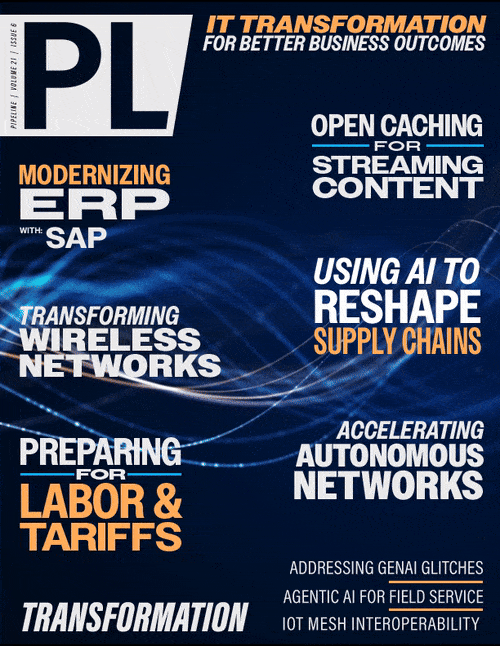The Future of Supply Chain: How AI is
Reshaping Logistics and Visibility
AI-powered supply chains offer unparalleled visibility, efficiency, and cost savings, giving businesses the agility they need to thrive in an unpredictable global landscape.
Automation and Smart Procurement
AI-driven demand forecasting models analyze historical data, market trends, and geopolitical events to predict future supply chain disruptions before they occur. Automated procurement systems select optimal suppliers based on cost, quality, and lead times, ensuring businesses always have the best options at the right price. AI-enhanced procurement reduces excess inventory while minimizing stock outs and improving just-in-time fulfillment.
Companies that have implemented AI-driven procurement systems report a 20 percent increase in sourcing efficiency and cost savings in supplier contract negotiations.
Cost Transparency and Efficiency Gains
AI is also reshaping the financial aspects of supply chain management. Traditional supply chains often rely on opaque pricing models where companies struggle to understand the true costs of procurement, logistics, and warehousing. AI-driven pricing algorithms are now helping businesses break down these costs and implement Cost-Plus models that provide better visibility.
A McKinsey report highlights that companies leveraging AI for cost optimization have seen up to a 40 percent reduction in supply chain-related expenses. AI-driven logistics automation can also reduce shipping costs by nearly 15 percent, offering direct savings that impact the bottom line.
The Time for AI-Driven Supply Chains is Now
The future of supply chain management is no longer about reacting to disruptions — it is about anticipating and preventing them. AI-powered supply chains offer unparalleled visibility, efficiency, and cost savings, giving businesses the agility they need to thrive in an unpredictable global landscape. As enterprises race to digitize their supply networks, those that invest in AI, automation, and predictive analytics will have a significant competitive edge.
The question is not whether AI will transform supply chain management, but how quickly organizations will adapt to this new reality. For businesses seeking to future-proof their supply chains, the time to act is now.
The Rise of AI in Supply Chain Optimization
The increasing adoption of AI in supply chains is not just about automation but also about decision intelligence. Companies that integrate AI into their supply chain strategies gain real-time insights into supplier performance, logistics trends, and demand fluctuations. AI-powered digital twins, which simulate supply chain operations, allow businesses to predict the impact of potential disruptions before they happen.
According to research from Gartner, by 2026, over 75 percent of large enterprises will have adopted digital twin technology in their supply chain processes to enhance operational agility and risk mitigation.
AI and Sustainable Supply Chain Practices
Sustainability is becoming a critical focus for modern supply chains, and AI is playing a key role in optimizing environmentally friendly logistics. AI-driven route optimization reduces carbon emissions by identifying the most efficient transportation routes, minimizing fuel consumption, and improving load efficiency. Companies are also leveraging AI to enforce ethical sourcing by analyzing supplier data and ensuring compliance with fair labor practices and environmental standards. The World Economic Forum reports that AI-driven supply chain solutions can reduce global carbon footprints by as much as 20 percent by 2030.



















